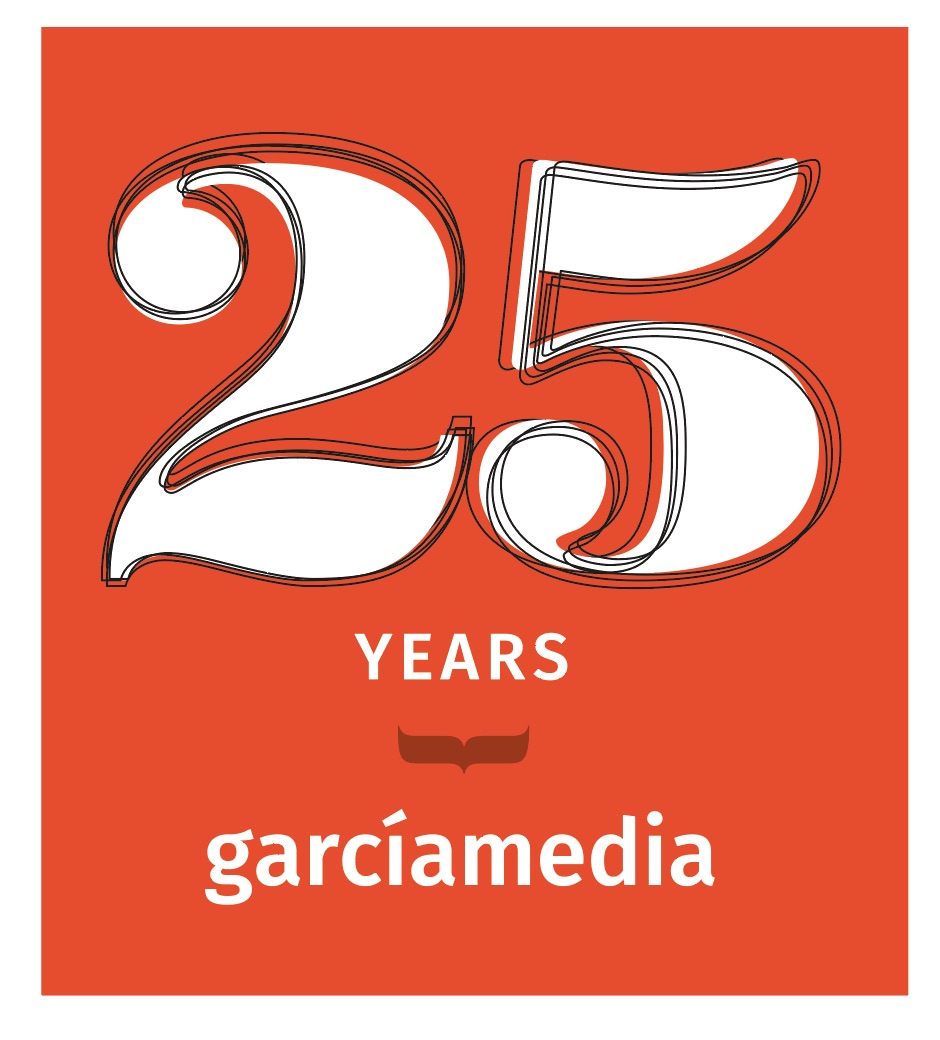Great to read this report from my Quartz friends: Google is where most of us begin the search for all types of information, including news. So, according to this scoop from Quartz, it is Google executives who are floating ideas on what to do to fight fake news.
The following is a scoop from Quartz.
Here is their report:
Google execs are floating a plan to fight fake news. Quartz’s White House correspondent Heather Timmons and editor in chief Kevin Delaney discovered that Google executives at Davos were debating how they can play a role in combating fake news and bots on Facebook and Twitter. Hundreds of millions of people rely on Google’s search engine, which puts the company in a unique position to tell users whether info is trustworthy. From their report:
Representatives from Google and its parent company Alphabet eagerly discussed how the company can play a greater role in reducing misleading information online, several Davos attendees involved in and briefed on these conversations told Quartz. A notification system, perhaps via an optional extension for Google’s Chrome browser, was an idea that these people said was broached more than once. Such a browser-based system controlled by Google could alert users on Facebook’s or Twitter’s websites when they’re seeing or sharing a link deemed to be false or untrustworthy.
Right now, this appears to be merely an idea company executives are discussing, not a product in development….but Alphabet did flag “misleading” information and “objectionable content” as risks to the company’s financial performance in its annual report this week, for the first time ever. And the fact that executives were focused on the topic at Davos indicates the tech company’s willingness to take a more active role in filtering out fake news and propaganda.
You can find more details here.
This is a good story to follow in the days and weeks ahead.
Fake news and design?
While on the subject of fake news. Recently, at a meeting for the planning of an upcoming conference, the organizer asked me; do you think we should do a session about fake news and design?
It made me think that perhaps this is a possible topic to consider. However, in the end, design is there to package content. We know that poor content sometimes is packaged in sterling designs. I often tell my students, and show them, examples of excellent content that is pure caviar, but wrapped in a take out Chinese food container. Other times there is a Tiffany box type of wrapping, but what’s inside is nothing worth even wearing.
The same would apply to fake news. Design has nothing to do with what an unscrupulous journalist has created, as in fake news or propaganda.
I am on record having rejected a couple of trips to my native country, Cuba, to do lectures on design. My stand: Why would I train journalists there on good ways to package the news knowing that there is no freedom of the press for journalists to operate? The same applies to fake news.
All we can do as designers is be on alert and intervene if we read a story we are about to design for which is not true, or one sided. But a designer’s concern is no guarantee that the unscrupulous editor will not order the story to publish.
That is why I am happy to read this Quartz report about what Google may start doing.
A good beginning to fight fake news.
Society of News Design New York: Celebrating 40 years

Mario’s Speaking Engagements

April 18-19, 2018-–Newscamp ,Augsburg, Germany.

May 26, 2018 —Associacion Riograndense de Imprensa, Univesidad de Santa Cruz (Unisc), Brazil

June 3-6, 2018—The Seminar, San Antonio, Texas.

Garcia Media: Over 25 years at your service

TheMarioBlog post #2777